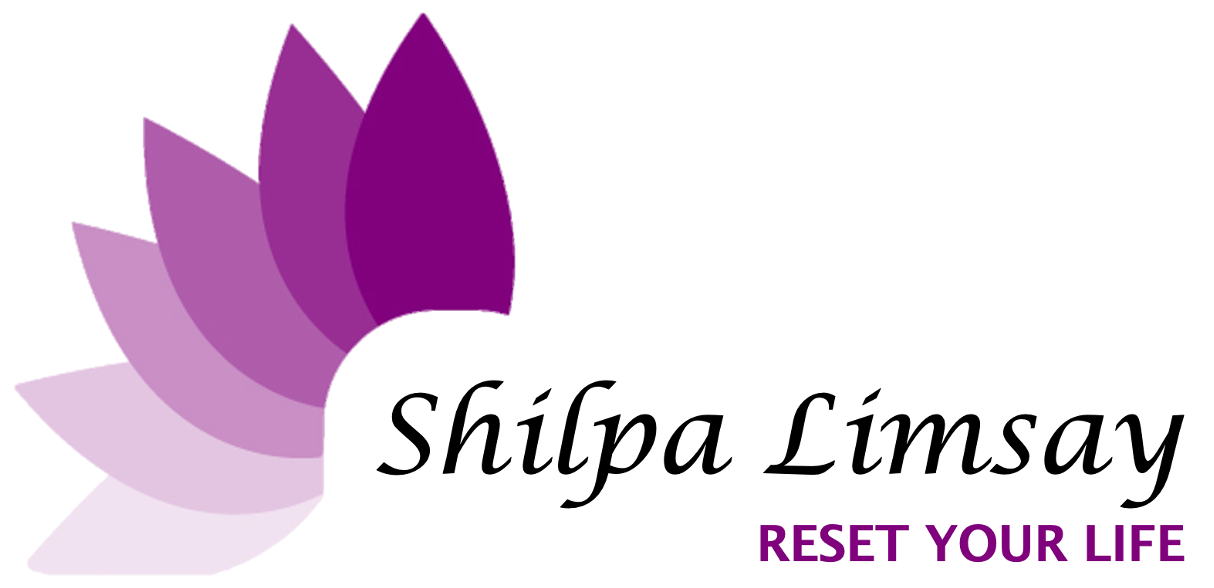Recognise Your Inner Critic
There's a tiny voice in the back of our minds that plays off our greatest anxieties, giving its dialogue an addictive quality.
We all have one — an inner voice that expresses criticism, frustration or disapproval about our actions. It might sound like, “you should,” “why didn’t you?” “what’s wrong with you?,” or “why can’t you get it together?” The actual self-talk is different for each of us, as is its frequency or intensity.
A highly active inner critic can take a toll on one’s emotional well being and self-esteem. In some cases people who struggle with frequent or debilitating self-criticism will seek help from a therapist or counsellor to change their thought patterns.
Many people experience difficulties with self-esteem and confidence, even when they appear confident, successful, or well-adjusted to the external world. A person’s inner critic can play a significant role in shaping one’s identity and sense of self.
If you find yourself ruminating on the things you regret and the mistakes you’ve made, try this exercise. It will help you redirect your attention and remember goodness within. The point is not to deny your mistakes, but if you keep rehearsing them, analyzing them, creating stories around them, you’re simply reinforcing the pain and alienation they’ve already caused you. When you recognize and reflect on even one good thing about yourself, you are building a bridge to a place of kindness and caring. Standing in that place increases your ability to look honestly and directly at whatever is difficult and gives you the energy and courage to move forward.
Sit comfortably in a relaxed, easy posture and close your eyes. Now bring to mind one thing you have done or said recently that you feel was kind or good.
It does not have to be newsworthy! Maybe you smiled at someone or listened to their story, maybe you let go of your annoyance at a slow checkout clerk, maybe you were generous, maybe you sat down to meditate, maybe you thanked a bus driver. It’s not conceit or arrogance to consider these things. It’s nourishing and replenishing to take delight in the good that moves through us.
Or you might think of a quality or skill in yourself that you like or appreciate: perhaps you are enthused about helping others learn or committed to practicing patience toward your irascible neighbour.
If you still find yourself caught up in self-criticism, turn your attention to the mere fact that you have an urge toward happiness. There is kindness and beauty in that. Or simply recall that all beings everywhere want to be happy, everybody wants to be happy.
Never feel ashamed of your longing for happiness. Recall that this is your birthright. Seeking happiness is not the problem. The problem is that we often do not know where and how to find genuine happiness and so make the mistakes that cause suffering for ourselves and others. But that urge toward happiness itself is rightful, and when we support it with mindfulness, it can become like a homing instinct or a compass pointing us toward freedom.
The inner critic’s self-talk tends to fall into one of two categories, “bad self” and “weakness.” Bad self is shame-based. Those who struggle with it might feel unlovable; flawed; undesirable; inferior; inadequate; deserving of punishment; or incompetent.
The weak self is based on fear and anxiety. Those who fight it might feel dependent on others; unable to support themselves; submissive; unable to express emotions without something bad happening; vulnerable; worried about loss of control; mistrustful; isolated; deprived; or abandoned.
These beliefs are neither useful nor helpful. They are generally destructive. Practice listening for clues to these beliefs by paying attention to the self-talk of your inner critic. Challenge those beliefs! They are not true. You are worthy, capable, and deserving of love.

